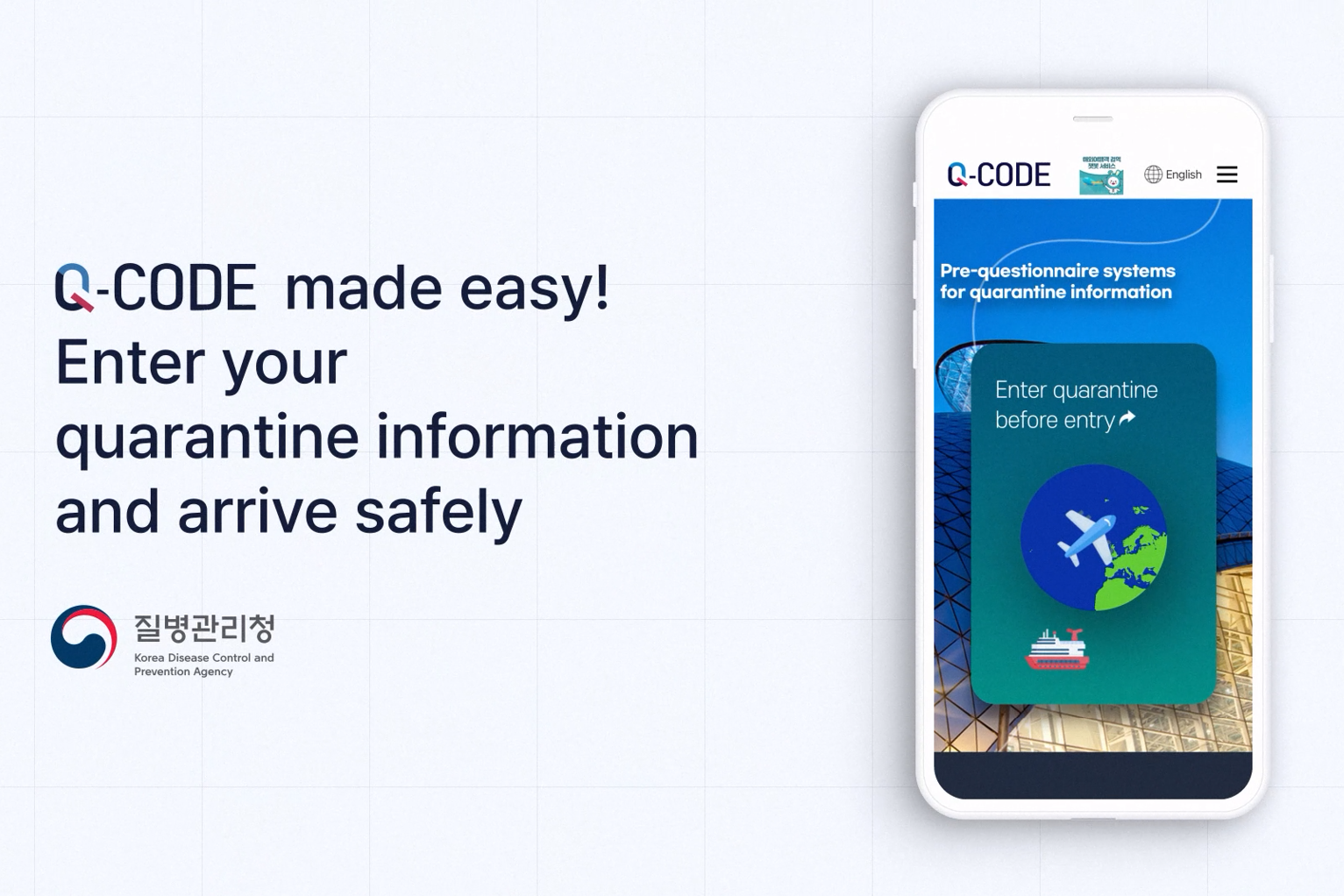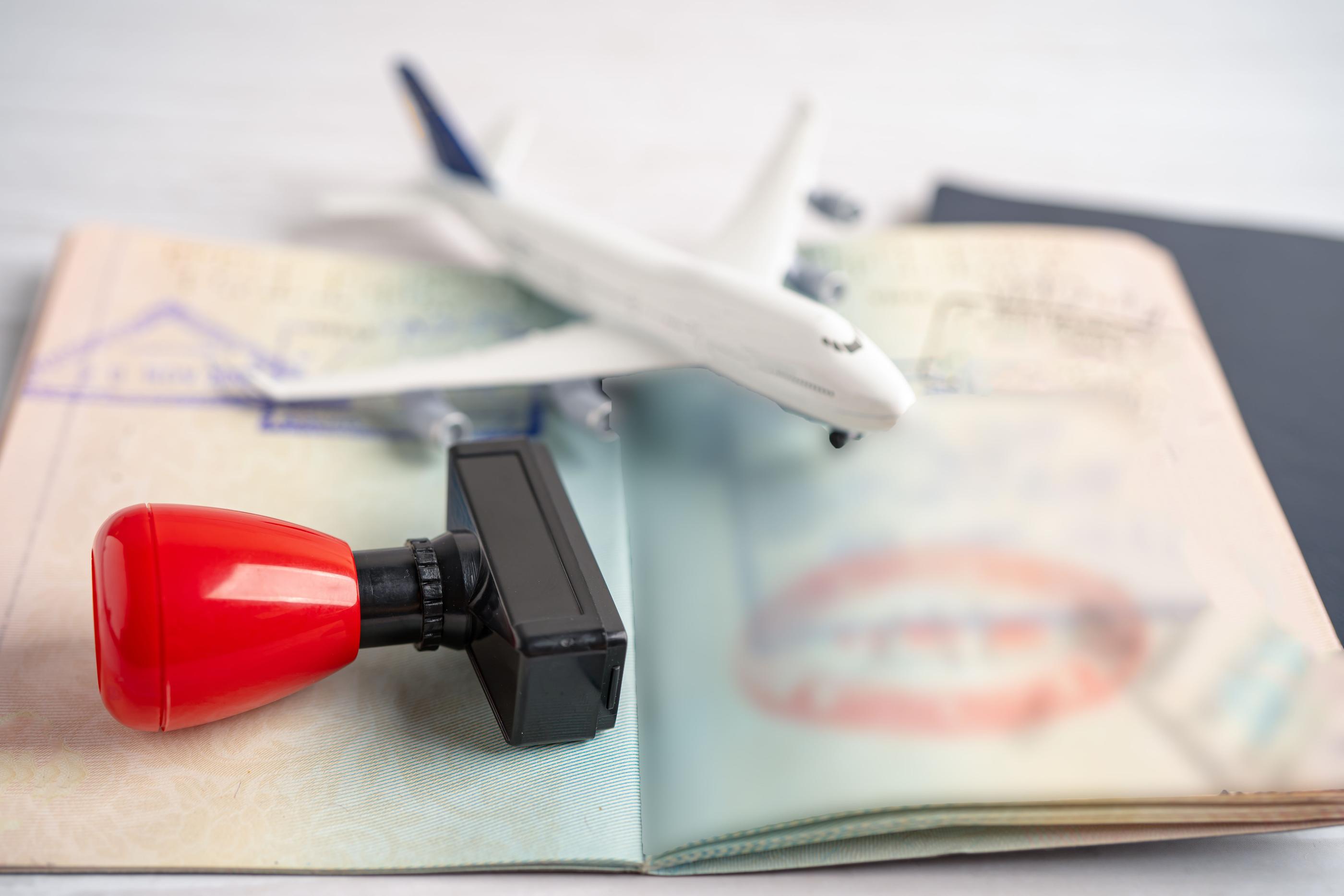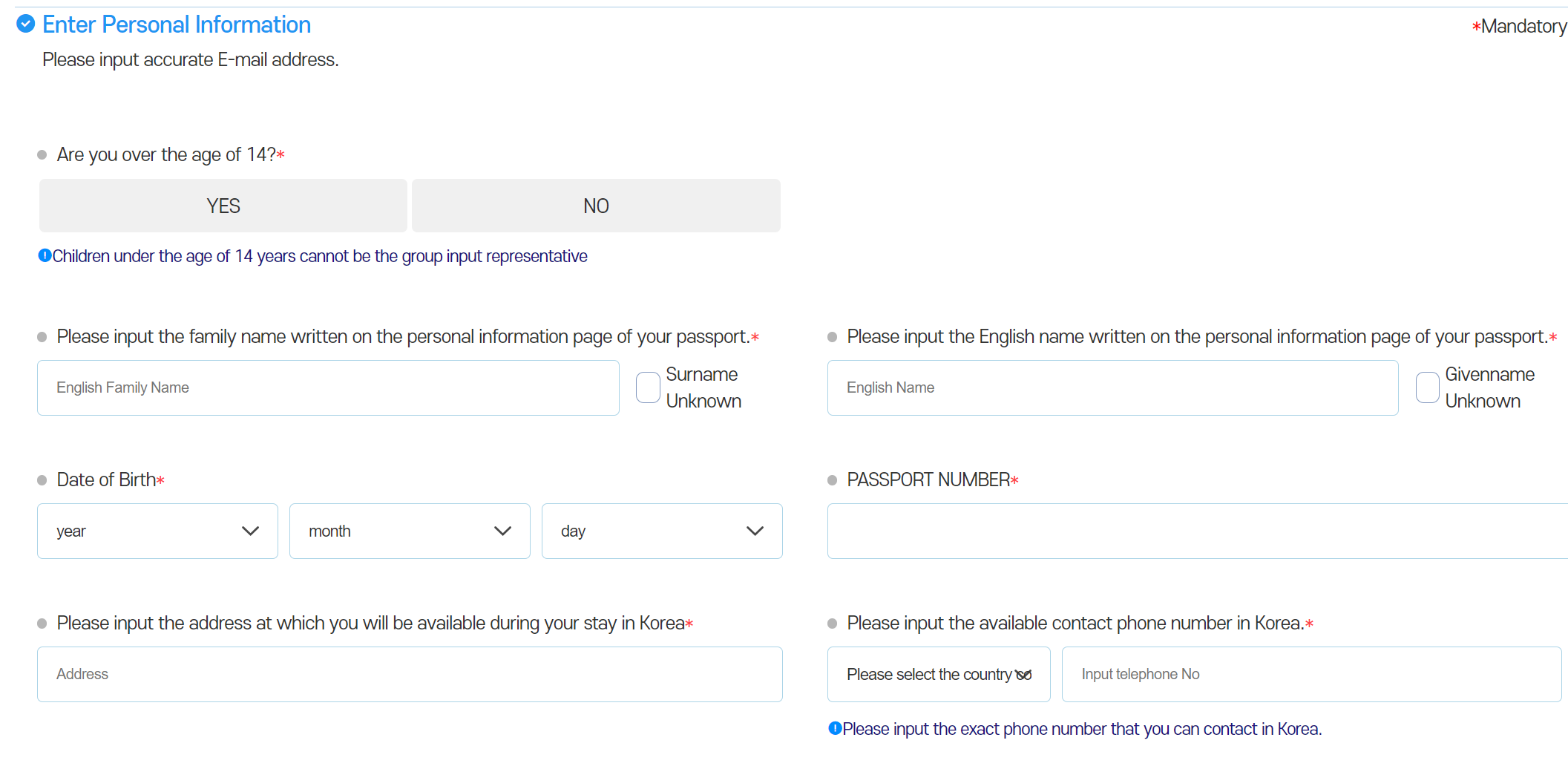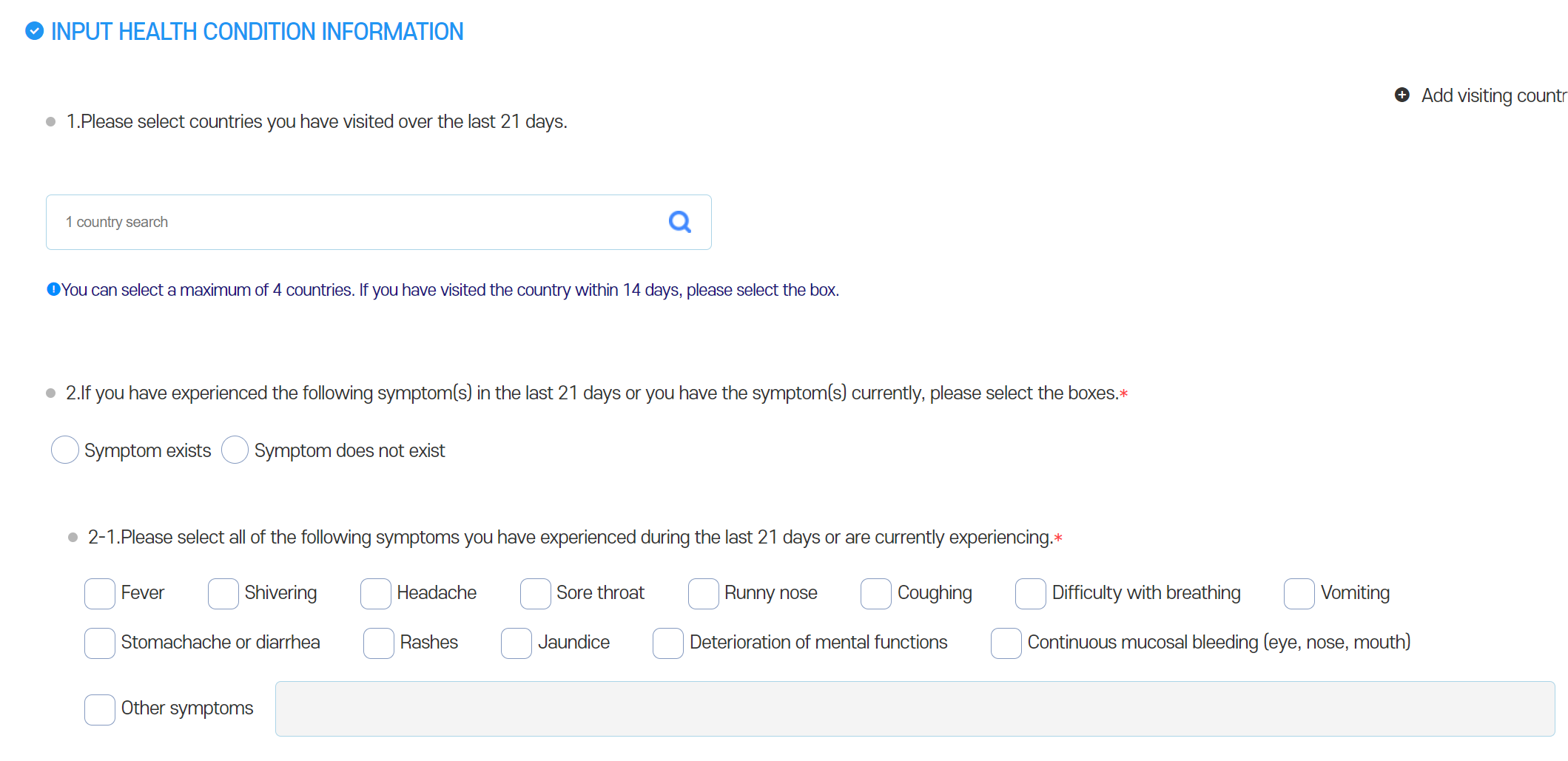Planning a trip to South Korea? Be sure to check if you need to register for Q-CODE before entering. If you've been to a Strict Quarantine Inspection Areas, registration is required. Below, we'll explain how to register and provide details about these areas!
What's a Q-CODE ?
Q-CODE is an electronic quarantine system where travelers entering Korea register their health information in advance. After entering their personal and health information, they use the QR code issued for the quarantine process. If you have visited or transited through a Strict Quarantine Inspection Areas, you must submit your Q-CODE upon entry to Korea. This is an important measure to prevent the spread of infectious diseases such as plague, zoonotic influenza, and MERS after traveling to affected countries. By entering your health status into Q-CODE, we can help protect both travelers and everyone in Korea.
How to Register

Pre-registration | On-site registration |
Available on mobile phone, PC, tablet | Available on mobile phone, tablet, kiosk |
* If you register on-site, the arrival area may be crowded, resulting in longer wait times. Pre-registration allows for faster entry.
* If you are entering from a Strict Quarantine Inspection Areas, you are required to report your health status. Failure to do so may result in a fine of up to 10 million KRW. (Quarantine Act, Article 12-2, Article 41)
There are two ways to register for Q-CODE: pre-registration and on-site registration. If you register before arriving in Korea, you can go through the quarantine process at the airport much faster and easier! Just visit the Q-CODE website, enter your personal and health information, and get your QR code – that's it! Make sure to save this QR code, as you'll need it when entering Korea. By registering for Q-CODE in advance, you can reduce wait times at the airport and start your trip to Korea in a safer and smoother way.

1. Entry and Stay Information
- Select your mode of transportation (ship/aircraft).
- Enter your final departure country and expected arrival date in Korea.

2. Quarantine Information
- Enter personal information (for group registration, add companions).
- Provide details such as whether you are over 14 years old, your name as it appears in your passport, date of birth, and passport number.
- Enter the address and contact information for your stay in Korea.

3. Health Status
- Enter the countries you have visited in the past 21 days and your current health status.

Strict Quarantine Inspection Areas
*As of September 1, 2024 (21 countries in total)

Strict Quarantine Inspection Areas is a designated region where quarantine infectious diseases are particularly severe and highly contagious, requiring focused quarantine measures. Simply put, it's a place that needs stricter quarantine to prevent the spread of infectious diseases. Since these areas are closely monitored by the Korean government, if you have visited or transited through a Strict Quarantine Inspection Areas, you must submit a Q-CODE when entering Korea.
Asia (3) | Mongolia, Cambodia, China (Guangxi Zhuang Autonomous Region, Inner Mongolia Autonomous Region, Sichuan Province, Zhejiang Province, Fujian Province, Chongqing Municipality) |
Africa (2) | Madagascar, Democratic Republic of the Congo |
Middle East (13) | Lebanon, Bahrain, Saudi Arabia, Syria, United Arab Emirates, Yemen, Oman, Jordan, Iraq, Iran, Israel, Qatar, Kuwait |
America (2) | United States (Michigan, Colorado, Texas), Mexico |
Europe (1) | United Kingdom |
Infectious Diseases and Prevention Measures in
Strict Quarantine Inspection Areas

* Click on the infectious disease to be redirected to the KDCA introduction URL.
* After traveling, monitor your health for 2 weeks. If you notice any symptoms of an infectious disease, call the 1339 Call Center for consultation.
1. MERS
- Transmitted through respiratory secretions such as droplets from a person infected with MERS.
- In addition to the main symptoms of fever, cough, and difficulty breathing, gastrointestinal symptoms like diarrhea, nausea, and vomiting may also occur.
Prevention Methods
- Avoid contact with wild animals (e.g., camels) when traveling to the Middle East.
- Wear a mask in crowded areas.
- Do not consume undercooked camel meat or raw camel milk.
- Wash hands with soap for at least 30 seconds.
- Occurs through contact with poultry (chickens, ducks, etc.) and pigs infected with the influenza virus, or objects contaminated with the virus.
- Symptoms range from conjunctivitis to typical flu-like symptoms such as fever, cough, sore throat, and muscle pain.
- If you have respiratory symptoms, always wear a mask.
Prevention
- Thoroughly cook meat from chickens, ducks, and pigs before consuming.
- Avoid contact with animals when visiting farms during travel.
- Wash hands with soap for at least 30 seconds.
3. Plague
- Infection occurs through bites or contact with wild animals such as fleas, rats, or hares infected with the plague bacteria.
- Symptoms include painful swollen lymph nodes, high fever, fatigue, headache, muscle pain, nausea, and vomiting.
- After traveling to plague-affected areas, monitor your health during the incubation period (1–7 days).
Prevention
- Avoid contact with wild animals (rats, marmots, hares) and do not consume raw meat.
- Maintain a clean living environment (watch out for fleas).
- Avoid contact with people showing symptoms of the plague (fever, cough, phlegm, vomiting).
- Follow personal hygiene rules, such as washing hands with soap for at least 30 seconds.
If you have any questions or concerns, please leave a comment below or send us an email at help@creatrip.com! You can follow us on Instagram, TikTok, Twitter, and Facebook to stay updated on all things Korea!



![[KDCA] 2024 Q-CODE Quarantine Policy Guide and Strict Quarantine Inspection Areas](https://cf.creatrip.com/original/blog/14528/q9xeus4de33vywgoxujnqkhhc5bvysj2.jpg?d=2800&q=75&f=webp)
